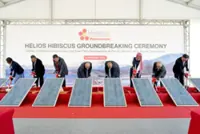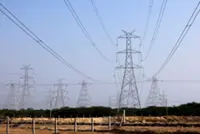KUALA LUMPUR: Fossil fuel comprising coal, natural gas and petroleum remains a vital role in the electricity industry globally and with skyrocketing fuel prices, Malaysia and elsewhere are feeling the brunt of rising cost of generation.
With the growing consumption seemingly failing to keep up with the rising costs, higher power billing for the end users seems inevitable.





